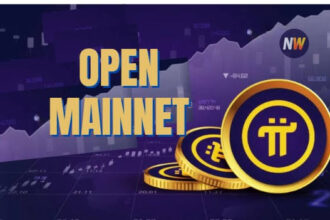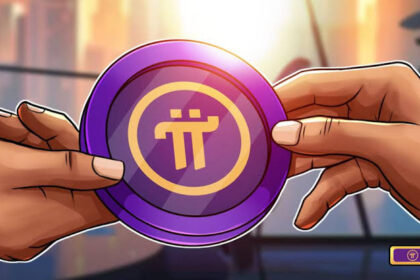Fidelity Bank’s recent move to block transfers to neobanks like OPay, Palmpay, Kuda, and Moniepoint could have significant implications for the Pi Network project. The Pi Network is a cryptocurrency project that aims to make cryptocurrency accessible to everyday people. It is currently in its enclosed mainnet phase, which means that Pi coins cannot yet be traded on exchanges. However, the project has a large following in Nigeria, and many Nigerians are hoping to use Pi coins to make payments and transfer money.
Fidelity Bank’s decision to block transfers to neobanks could make it more difficult for Nigerians to use Pi coins. This is because neobanks are often used to transfer money between traditional banks and cryptocurrency wallets. Without access to neobanks, Nigerians may have to find other ways to convert their Pi coins into fiat currency.
This could dampen enthusiasm for the Pi Network project in Nigeria and could make it more difficult for the project to gain traction in the country. However, it is also worth noting that Fidelity Bank is just one bank, and there are other ways for Nigerians to convert their Pi coins into fiat currency. Additionally, the Pi Network project is still in its early stages, and it is possible that the project will find other ways to make Pi coins more accessible to Nigerians in the future.
The impact of Fidelity Bank’s decision on the Pi Network project is uncertain. However, it is something that the project’s developers will need to consider as they move forward.
Possible Solutions
Despite the potential challenges posed by Fidelity Bank’s restrictions, there are still avenues for Pi Network users to navigate these limitations and continue utilizing Pi coins effectively. Here are a few potential solutions:
1. Explore Alternative Neobanks: While Fidelity Bank has blocked certain neobanks, other options remain available. Users can consider exploring alternative neobanks that are not currently affected by the restrictions, such as Flutterwave or Chipper Cash, to facilitate transactions between traditional banks and cryptocurrency wallets.
2. Peer-to-Peer Exchanges: Peer-to-peer (P2P) exchanges offer a decentralized platform for exchanging cryptocurrencies directly between individuals. Pi Network users can utilize P2P platforms to trade Pi coins for fiat currency without relying on traditional banks or neobanks.
3. Direct Merchant Adoption: Encouraging direct acceptance of Pi coins by merchants can bypass the need for conversion to fiat currency. As the Pi Network ecosystem expands, promoting merchant adoption can enable users to directly utilize Pi coins for everyday transactions.
4. Community Engagement: Engaging with the Pi Network community can provide valuable insights and support in navigating the changing landscape. Sharing information about alternative solutions and fostering collaboration can help users adapt to the restrictions and continue using Pi coins effectively.
5. Stay Informed: Keeping up-to-date with the latest developments regarding Fidelity Bank’s restrictions and the Pi Network project is crucial. Following official announcements and community discussions can help users make informed decisions and adapt to any changes that may arise.
By exploring these alternative solutions and staying informed, Pi Network users can continue to utilize Pi coins effectively despite the restrictions imposed by Fidelity Bank. The Pi Network project holds promise for the future of cryptocurrency accessibility, and with proactive measures, its users can navigate the current challenges and contribute to its continued growth. Read More

















Pi does not need Fidelity Bank. Fidelity Bank needs pi.
With this your theory who tell you that pi coin will exchange it with other currency? Pi coin is a currency like any other currency and even has more value than any of the currency in the world, because only dollar and euro has world value but pi coin is far higher than any of currency because is going to use world wide and electronic currency.
It’s not easy for someone to lost his pi coin…
Is also acceptable from all the corners of world after it go for open mainnet….